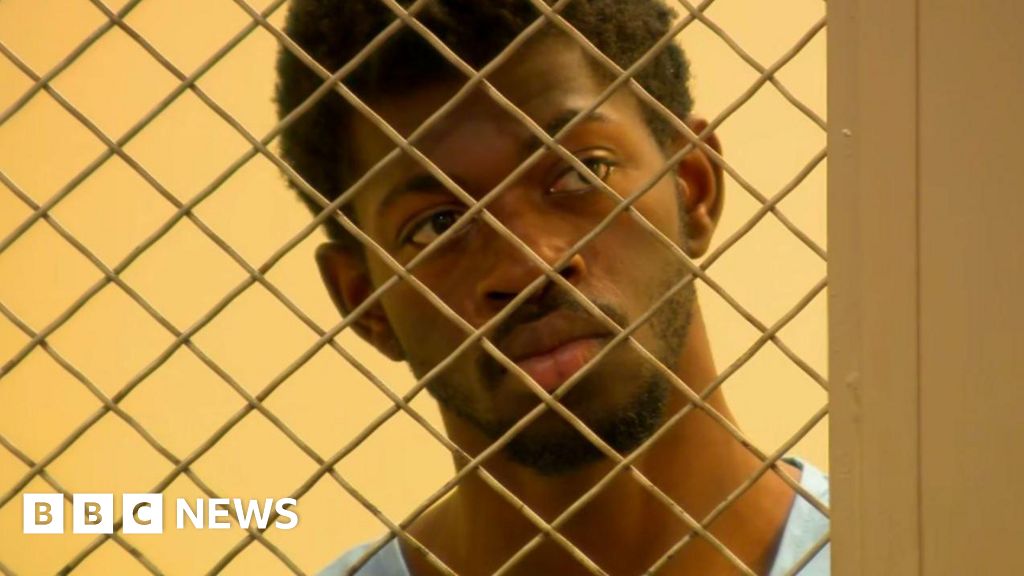In a landmark decision, an Ontario judge acquitted five former members of Canada's world junior ice hockey team from sexual assault charges stemming from an incident in 2018. Justice Maria Carroccia delivered the verdict after a thorough review of testimonies that spanned eight weeks, asserting that the accusations made by the complainant, identified as EM, lacked credibility.
The case, which became a focal point of public interest in Canada, revolved around the allegation that the five players assaulted EM in a hotel room after a Hockey Canada gala. Judge Carroccia emphasized inconsistencies within EM's account and stated that the Crown had failed to prove its case beyond a reasonable doubt, declaring that "the Crown cannot meet its onus on any of the counts before me."
Central to the trial was the question of whether EM—who was 20 at the time—had consented to sexual activity, with lawyers for the defendants arguing that she had initiated contact and consented to all acts. During the proceedings, the court viewed video evidence where EM appeared to give her consent, despite one of the videos being recorded without her awareness. The judge remarked that these visuals suggested she was not distressed and was exhibiting normal behavior, contradicting the prosecution's narrative.
In response to the verdict, the prosecutor, Meaghan Cunningham, noted that the Crown's aim was to ensure a just process for both EM and the accused players. Cunningham indicated that they would review the judge's decision thoroughly, as public reaction suggested mixed sentiments regarding the ruling.
Critics, however, have raised concerns over the implications of the ruling and its impact on future sexual assault cases. Advocates for survivors argue that the outcome may discourage victims from coming forward, fearing that similar scrutiny may undermine their accounts. Supporters of the defendants, on the other hand, argue that the acquittal serves as validation of their claims of innocence and that the judicial system upheld the principle of 'innocent until proven guilty.'
Throughout the trial, the Crown maintained that EM's testimony remained credible despite minor inconsistencies and underscored the importance of not equating intoxication with unreliability. In contrast, defense attorneys contended that witnesses present on the night of the incident described EM as an active and willing participant, suggesting that subsequent regret contributed to her allegations.
Overall, the acquittal highlights the ongoing challenges in navigating consent and credibility in sexual assault cases, prompting calls for deeper examination of the legal definitions surrounding these issues in Canada.























